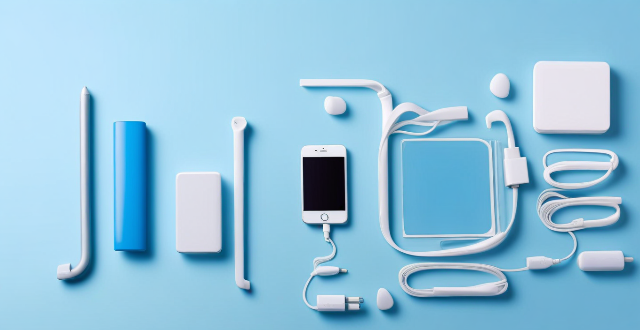Electronic devices, such as smartphones and laptops, have become an integral part of modern life but their use has raised concerns about their impact on sleep quality and quantity. Exposure to blue light from electronic screens before bedtime can delay the onset of sleep by suppressing the production of melatonin, a hormone responsible for regulating sleep-wake cycles. This means that using electronic devices in the hours leading up to bedtime can make it harder for us to fall asleep. In addition, engaging with stimulating content on electronic devices can lead to mental arousal, making it difficult for us to relax and fall asleep. To reduce the impact of electronic devices on sleep, consider implementing tips such as establishing a relaxing bedtime routine, limiting screen time before bed, creating a technology-free sleep environment, and engaging in mindfulness practices.

The Impact of Electronic Devices on Sleep
Introduction
In the modern era, electronic devices have become an integral part of our daily lives. From smartphones to laptops and tablets, these devices offer convenience and connectivity that was once unimaginable. However, their widespread use has raised concerns about their impact on sleep quality and quantity. In this article, we will explore how electronic devices affect our ability to fall asleep.
Blue Light Exposure
Delayed Sleep Onset
One of the primary ways electronic devices impact our sleep is through exposure to blue light. Blue light is a short-wavelength light that is emitted by electronic screens such as smartphones, tablets, and computers. Studies have shown that exposure to blue light before bedtime can delay the onset of sleep by suppressing the production of melatonin, a hormone responsible for regulating sleep-wake cycles. This means that using electronic devices in the hours leading up to bedtime can make it harder for us to fall asleep.
Circadian Rhythm Disruption
Another way electronic devices impact our sleep is through disruption of our circadian rhythm. Our circadian rhythm is the internal clock that regulates our sleep-wake cycle over a 24-hour period. Exposure to blue light from electronic devices can interfere with this natural rhythm, causing us to feel more alert and less tired when we should be winding down for sleep. This can lead to difficulty falling asleep and poorer overall sleep quality.
Stimulating Content
Mental Arousal
Electronic devices are also known for their ability to provide stimulating content such as social media, news articles, and video games. Engaging with this type of content before bedtime can lead to mental arousal, making it difficult for us to relax and fall asleep. The constant stream of information and stimulation can keep our minds active and prevent us from entering a state of relaxation necessary for sleep.
Emotional Responses
Furthermore, engaging with stimulating content on electronic devices can elicit emotional responses such as anxiety or stress. These emotions can further contribute to difficulty falling asleep as they activate the body's stress response system, making it harder for us to relax and fall asleep. For example, seeing negative news stories or receiving stressful work emails late at night can trigger feelings of anxiety and make it challenging to fall asleep.
Tips for Reducing the Impact of Electronic Devices on Sleep
To reduce the impact of electronic devices on sleep, consider implementing the following tips:
* Establish a Bedtime Routine: Create a relaxing bedtime routine that does not involve electronic devices. This could include reading a book, taking a warm bath, or practicing relaxation techniques such as deep breathing or meditation.
* Limit Screen Time Before Bed: Avoid using electronic devices for at least one hour before bedtime. If you must use them, consider using blue light blocking glasses or adjusting the screen settings to reduce blue light exposure.
* Create a Technology-Free Sleep Environment: Remove electronic devices from your bedroom or keep them out of reach during sleep hours. This will help create a calming environment conducive to restful sleep.
* Engage in Mindfulness Practices: Incorporate mindfulness practices into your daily routine, such as meditation or yoga, to help reduce stress and promote relaxation. This can help counteract the effects of stimulating content on electronic devices.